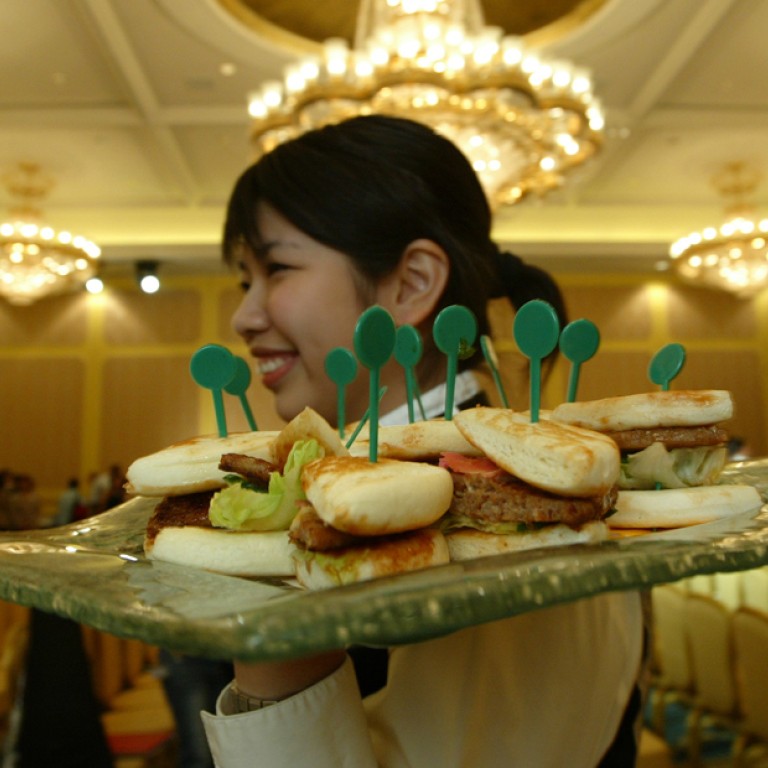
Industry divided on import of workers
While employers say they are not meeting recruitment figures, unions voice fears over lower wages and call for more training instead
Several industries hit by a severe manpower shortage welcomed the idea of importing overseas labour, but unions criticised it as an excuse for employers to cut costs.
The tourism industry is said to be short of up to 50,000 people, aged-care homes say they need at least 5,000, while a survey published in May said the city needed an additional 10,000 construction workers.
But unions - including the pro-government Federation of Trade Unions and pan-democrat Neighbourhood and Worker's Service Centre (NWSC) - opposed the suggestion, saying it would harm the welfare of local workers.
"It would be a downward path with no turning back," NWSC labour affairs officer Simon Leung Kam-wai said.
"We are worried the employers may reduce wages and welfare for locals after importing cheap foreign workers."
Leung said there was a mis-match of skills in the labour market - with available workers not meeting the needs of industries with vacancies - and the government should first try to solve it by offering more training.
"The lack of manpower may serve as a pretext for employers to cut their budgets," he said.
"Once foreign workers are allowed to work in Hong Kong, how will the government guarantee that local workers won't be the first to be laid off during a recession?"
He said employers should first improve the attractiveness of labour-intensive industries to local workers by increasing wages and welfare.
But employers in sectors such as aged care, tourism, catering and construction said they were behind their targets in a recruitment drive and needed the help of foreign workers.
Tourism was said to have a manpower shortage of 20 per cent, meaning 37,000 to 50,000 workers would be needed to fill in the vacancies.
Paul Pei Po-wah, president of the Association of Amusement Parks and Attractions, said young people would not be drawn into the sector as they mistakenly believed they would not be able to build a career path.
Nursing homes say they are short of 5,000 workers and are operating with three-quarters of the staff they need.
Elderly Services Association of Hong Kong chairman Kenneth Chan Chi-yuk said the shortage had arisen since the statutory minimum wage led to an exodus of workers to less physically demanding jobs.
Both Chan and Pei have suggested that the government should import overseas labour to fill the vacancies.
According to a survey published by the Construction Association in May, the building industry lacks 10,000 workers.
One union, the Construction Industry Employees General Union, has agreed that foreign workers with skills not readily available in Hong Kong, such as tunnel specialists and structural steel welders, could be imported.
The Labour Department recorded 108,633 vacancies in the private sector last month.

